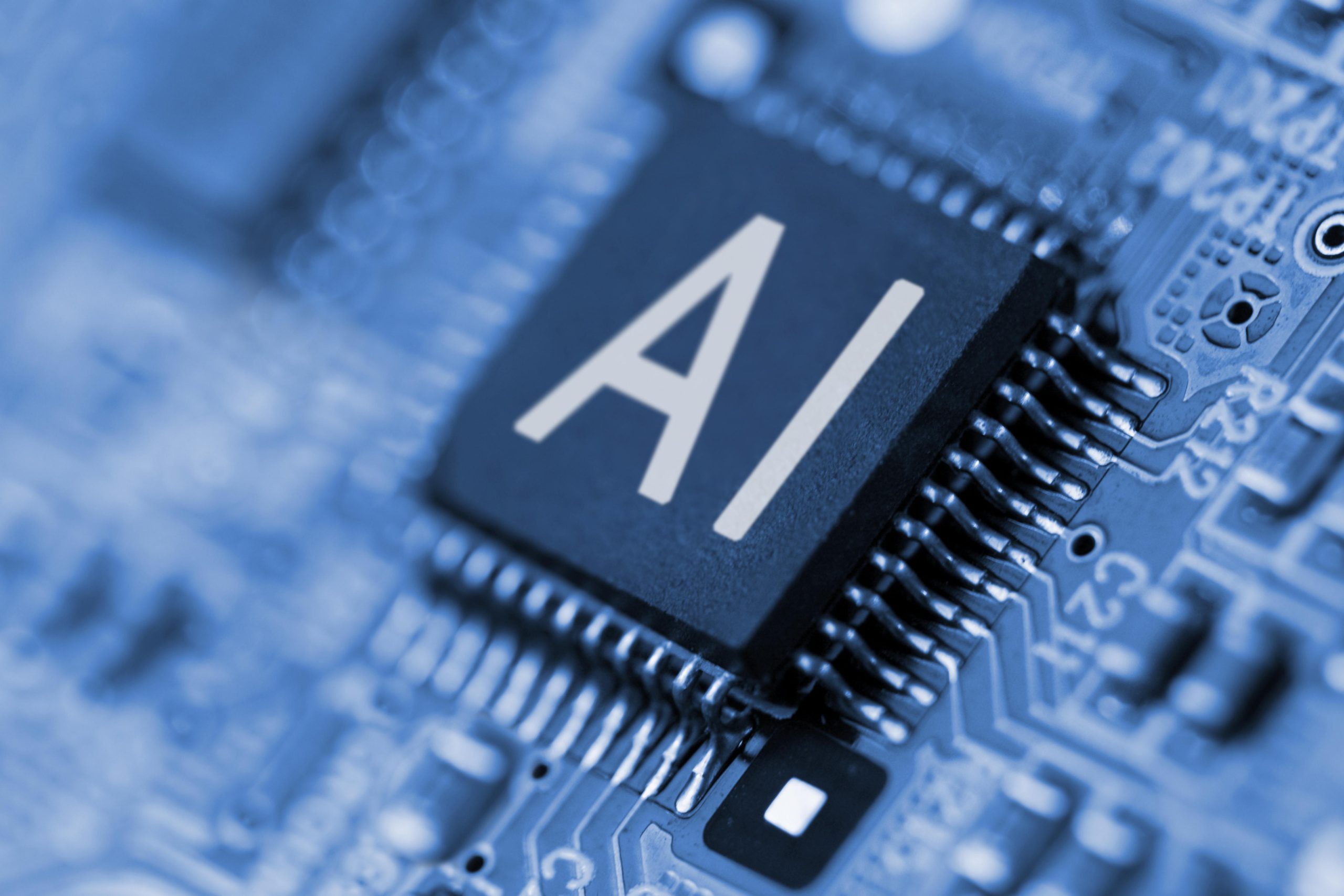The recent surge in AI technologies, driven by advances in machine learning and tools like Chat GPT, has sparked both excitement and apprehension about the future. Jeff Pedowitz, AI revenue expert and author of “AI Revenue Architect,” joined Tonya Pendleton on “Reality Check” to dive deeper into this innovation that is promising but – in many cases – scary for some.
From AI-powered manicurists to AI-driven content creation, it seems like every corner of society is undergoing a technological makeover. Pedowitz provided listeners with a comprehensive overview of AI and its implications.
“AI, or artificial intelligence, has been around for a long time,” Pedowitz said. “It was first explored by scientists in the 1960s and has been in successful use in various applications, albeit mostly behind the scenes. However, the real game-changer was the launch of Chat GPT and similar large language models. These models are incredibly user-friendly and versatile, enabling users to generate complex responses with a simple prompt.”
Pedowitz emphasized that while AI is a powerful tool, it’s important to remember that it is not self-aware, can’t make autonomous decisions, and lacks human qualities like creativity and emotion. “AI is here to enrich and augment our lives, not to replace us,” he said.
One of the most pressing concerns about the AI revolution is its potential impact on employment. Will AI replace human workers, leading to widespread job loss?
“Job displacement due to AI is a realistic concern,” Pedowitz said. “However, it’s essential to recognize that the ethical choices made by individuals and companies will ultimately determine its extent. Bad actors will use technology in ways that harm workers and society. Hence, laws and guidelines must evolve to protect employees and ensure responsible AI usage.”
Pedowitz argued that while certain manual, repetitive jobs could be automated, most roles requiring creativity, emotional intelligence and complex decision-making are safe from AI replacement. He also pointed out that AI can be a valuable tool for enhancing productivity and creativity across various professions.
A significant part of the ongoing Writers Guild of America (WGA) strike revolves around AI’s role in content creation. Writers and actors fear that AI could diminish their importance and lead to job loss in the entertainment industry.
“The concerns of the Writers Guild are valid,” Pedowitz said. “However, it’s crucial to understand that AI, even in its most advanced forms, can’t replicate the nuanced aspects of human creativity and storytelling. Writers bring unique perspectives, emotions, and cultural insights that AI lacks.”
He suggested that rather than viewing AI as a threat, writers and actors should embrace it as a creative tool. AI can assist in brainstorming ideas, generating drafts, and enhancing productivity, but it can’t replace the essence of human storytelling.
With AI’s ability to generate content quickly and convincingly, there is a growing concern about the spread of misinformation. Pedowitz emphasized the importance of ethics and fact-checking in journalism and content creation.
“Journalists must continue to uphold rigorous fact-checking standards and ethical practices,” Pedowitz said. “Editors play a critical role in reviewing content, and sources should always be cited. If AI is used to source material, proper attribution should be given.”
Pedowitz stressed the need for education and transparency to combat misinformation. He encouraged individuals to become informed about AI’s capabilities and limitations, empowering them to discern between genuine and AI-generated content.
Pedowitz also discussed the opportunities AI presents for businesses to increase revenue and enhance customer experiences.
“AI can be a game-changer for various industries,” Pedowitz said. “For writers, it can streamline the writing process and aid in ideation. In the business world, AI can analyze customer data to identify new revenue streams and personalize interactions, emulating the success of platforms like Netflix and Amazon.”
He highlighted AI’s role in automating manual tasks, freeing up time for creative thinking and customer engagement. Whether in content creation, customer service, or data analysis, AI offers a wealth of possibilities for revenue growth.




